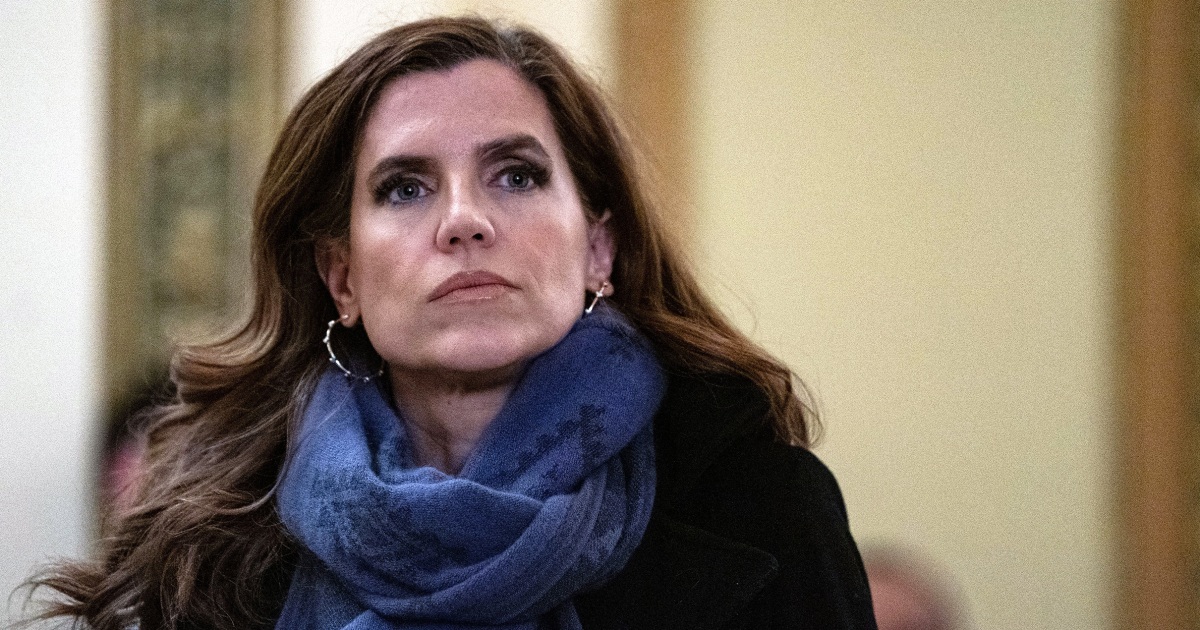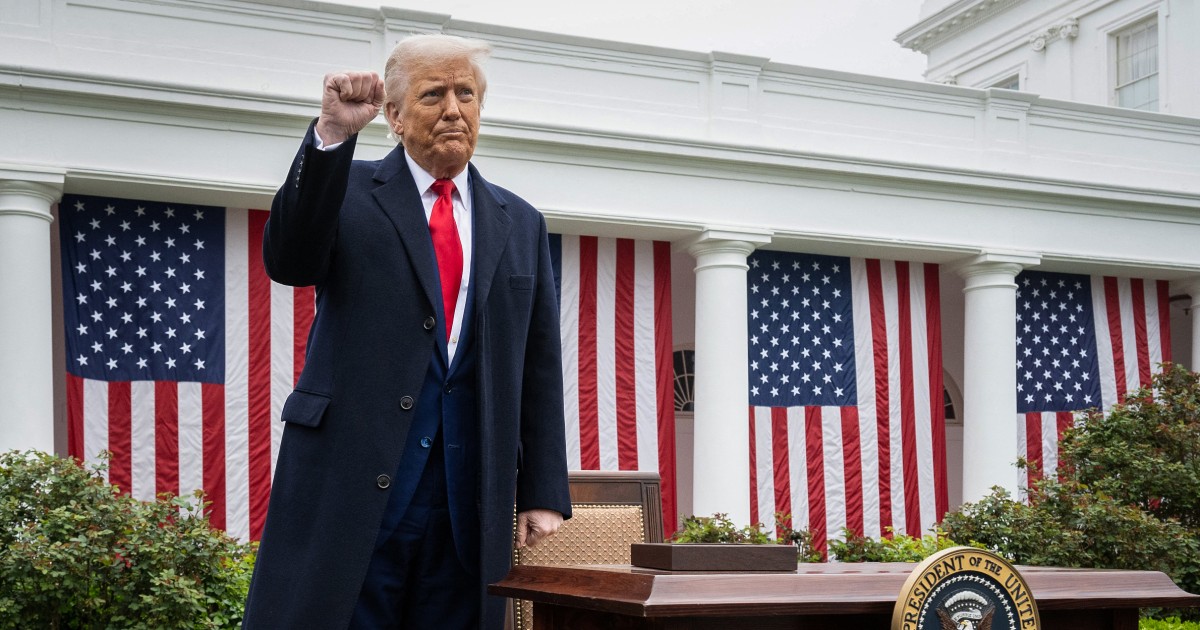At the weekly General Audience, Pope Francis decries indifference in the face of migrants who die crossing deserts and seas in search of a better life, and calls for global system of governance based on justice and solidarity.
By Devin Watkins
Pope Francis set aside his catechesis series on the Holy Spirit at the Wednesday General Audience.
He focused instead on drawing attention to the plight faced by migrants who brave daunting odds in search of a place where they can live in peace and security.
“Sea and desert” were the two words the Pope highlighted, saying they recur often in the words of migrants and those who seek to help them.
With these words, he sought to include all the physical barriers and dangers that migrants must cross along their journey.
Pope Francis noted that he has spoken often about the Mediterranean Sea, both because he is the Bishop of Rome and because it serves as a symbol.
“Mare nostrum,” he said, using a Latin phrase used by the ancient Romans to describe the Mediterranean, “a place of communication between peoples and civilizations, has become a cemetery.”
The Pope pointed out that most of these deaths could have been prevented, decrying the people “who systematically work, using all means, to push back migrants.”
“And when this is done consciously and responsibly, it is a grave sin,” he said. “Let us not forget what the Bible says: ‘You shall not wrong or oppress a foreigner’.”
Pope Francis said the sea and the desert are full of symbolism in the Bible, since they “witness the drama of people fleeing from oppression and slavery.”
“They are places of suffering, fear, and despair, but at the same time, they are places of passage toward liberation, redemption, and the fulfillment of God’s promises,” he said.
God, added the Pope, Himself shares the drama endured by migrants. “He is there with them; He suffers with them; He weeps and hopes with them.”
Pope Francis said everyone can agree that “migrants should not be in those deadly seas and deserts.”
Yet, reaching this goal cannot be done through stricter laws or border militarization, he said.
“We will achieve it by expanding safe and regular pathways for migrants, facilitating refuge for those fleeing wars, violence, persecution, and various disasters,” he said. “We will achieve it by promoting in every way a global governance of migration based on justice, fraternity, and solidarity.”
The Holy Father concluded his reflections by praising the work of “so many good Samaritans who dedicate themselves to helping and saving injured and abandoned migrants along these routes of desperate hope, on all five continents.”
He especially mentioned the work of Mediterranea Saving Humans, an Italian civil society organisation that seeks to rescue migrants crossing the Mediterranean Sea.
“These courageous men and women are a sign of a humanity that does not allow itself to be infected by the harmful throwaway culture of indifference,” he said.
Even if we cannot be on the frontlines, he concluded, each of us can contribute in their own way to this “fight for civilization” with our prayer.”







